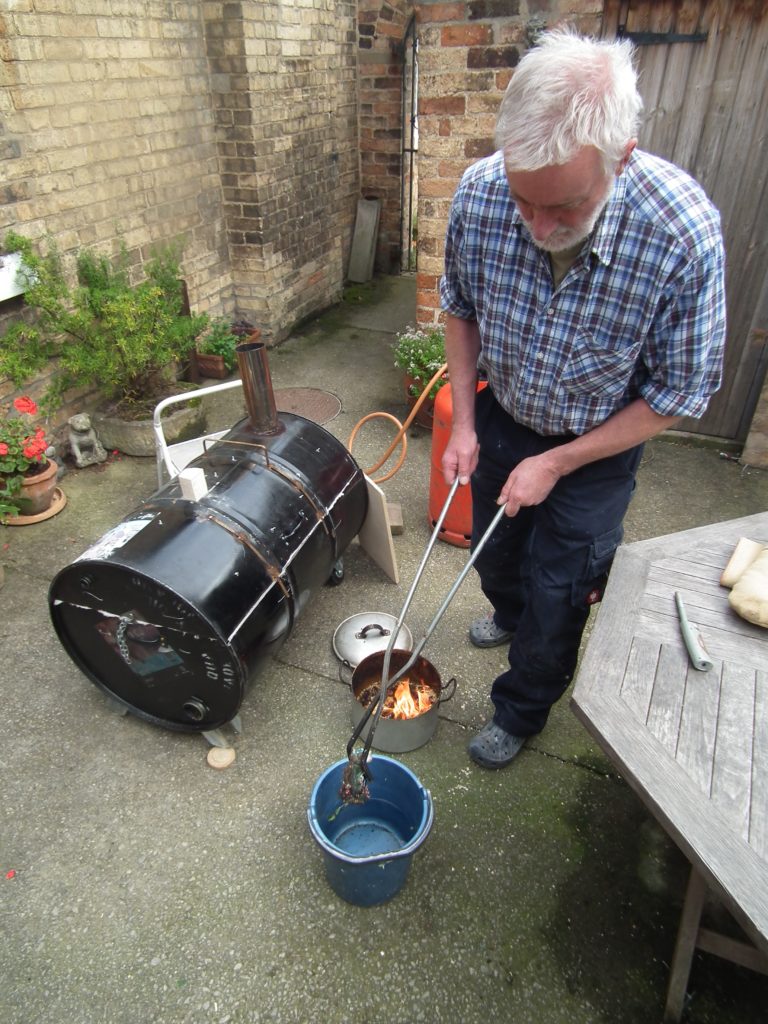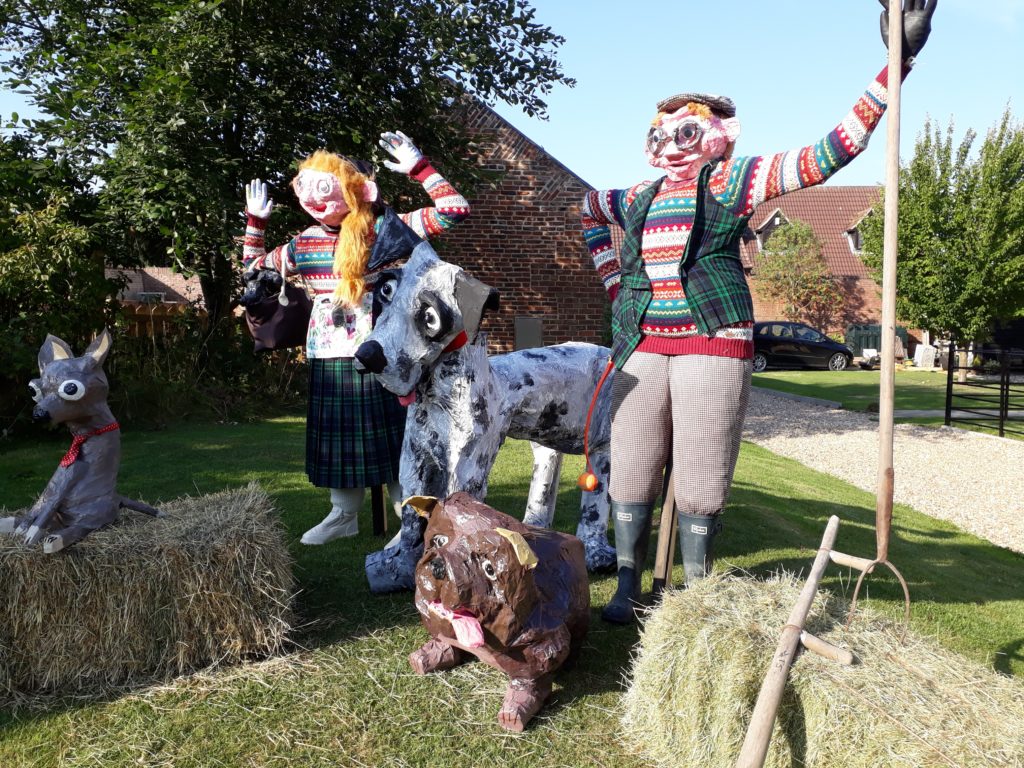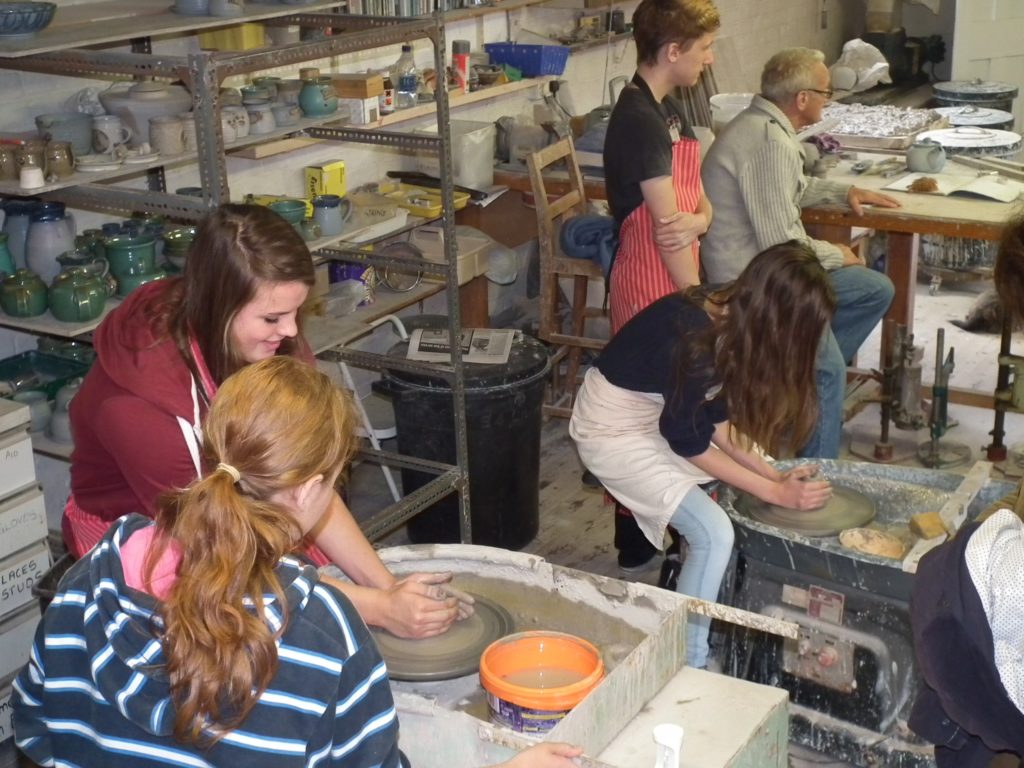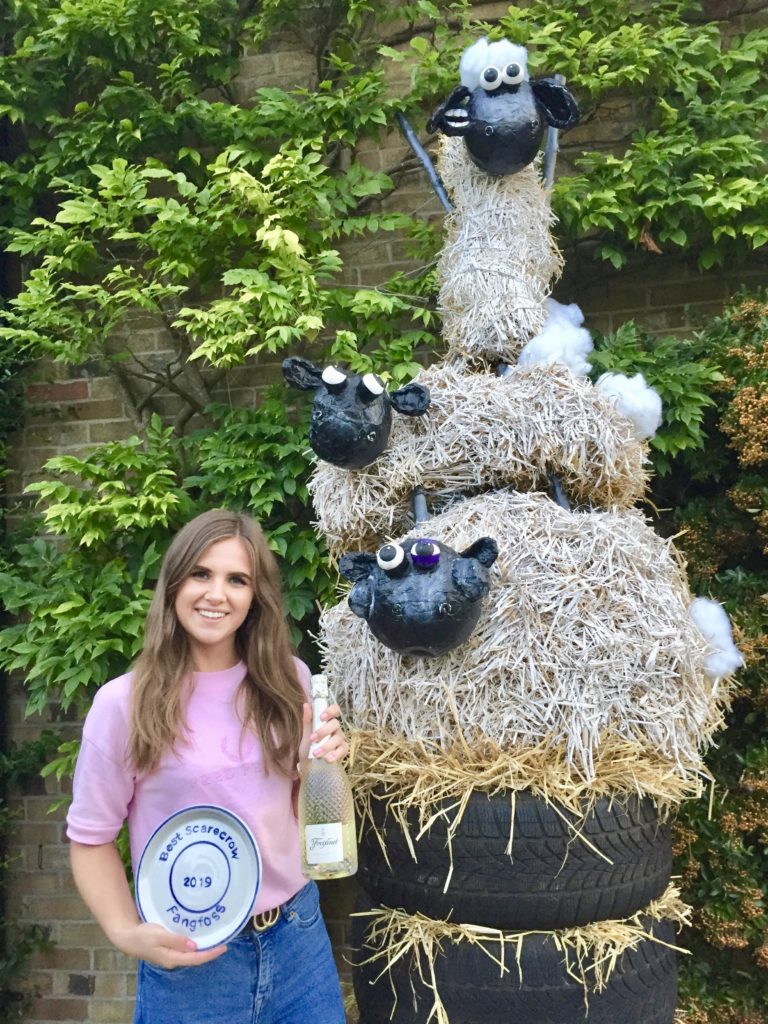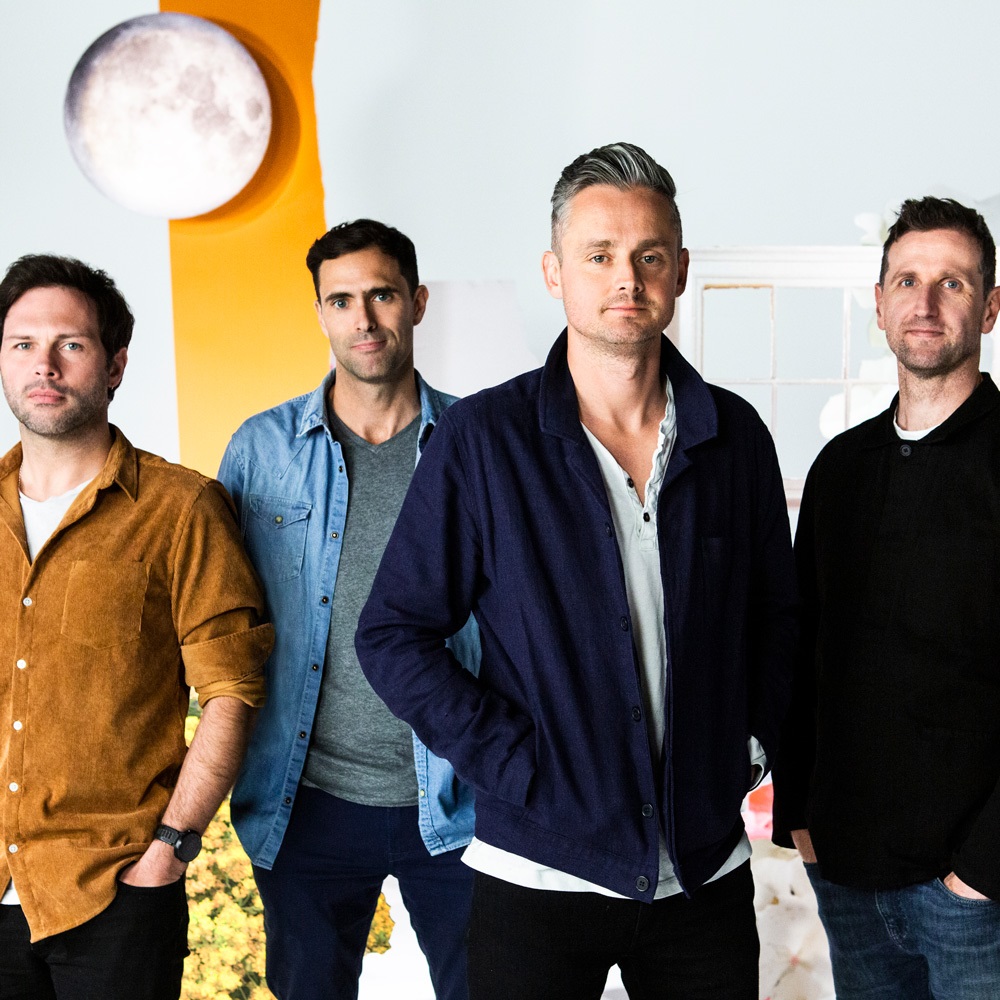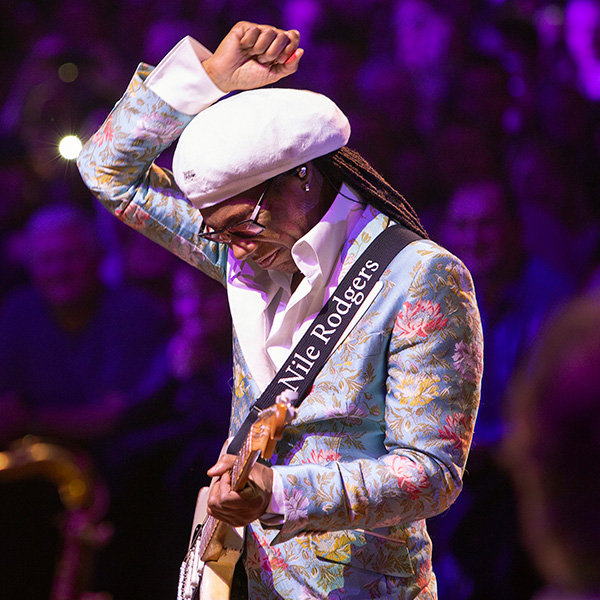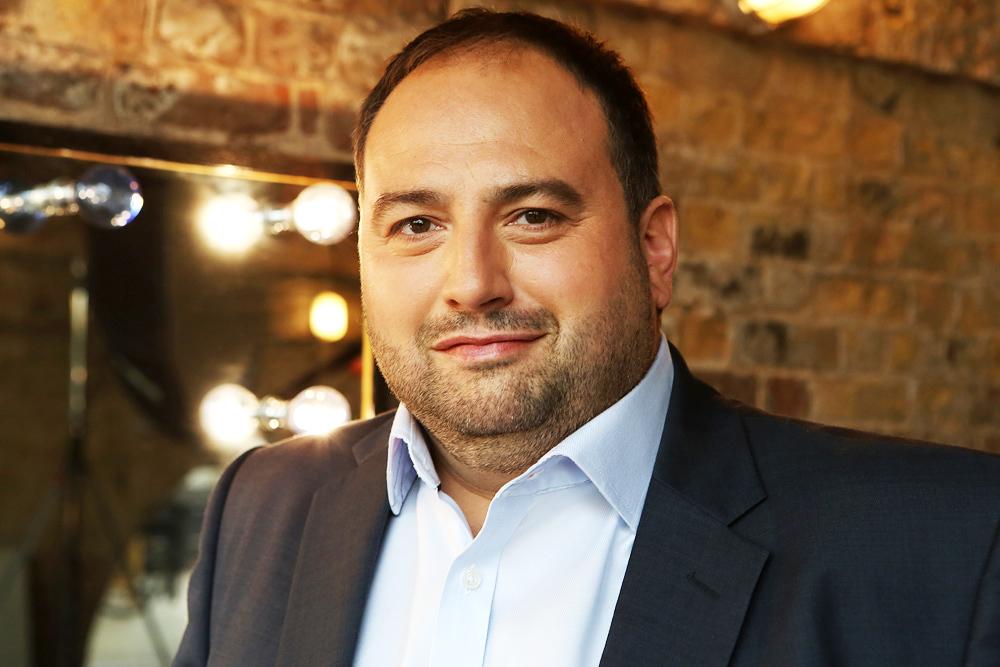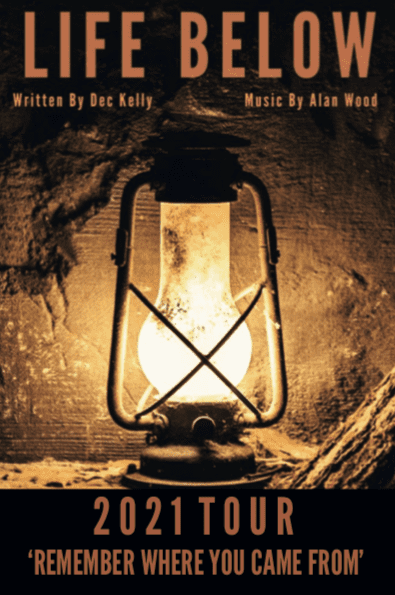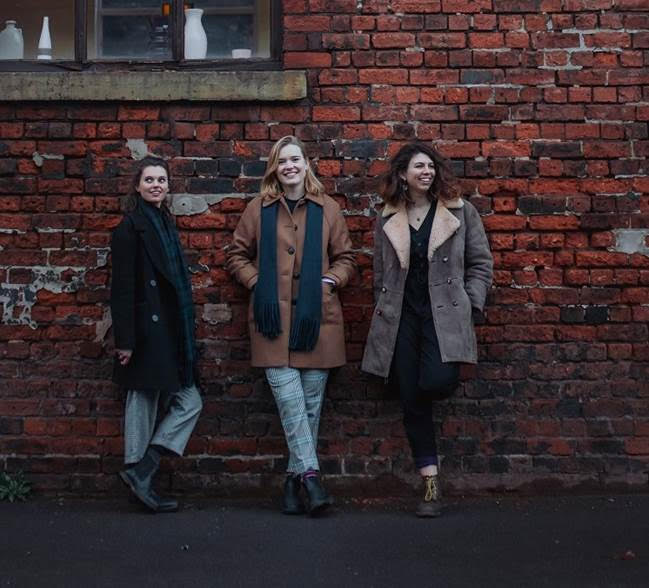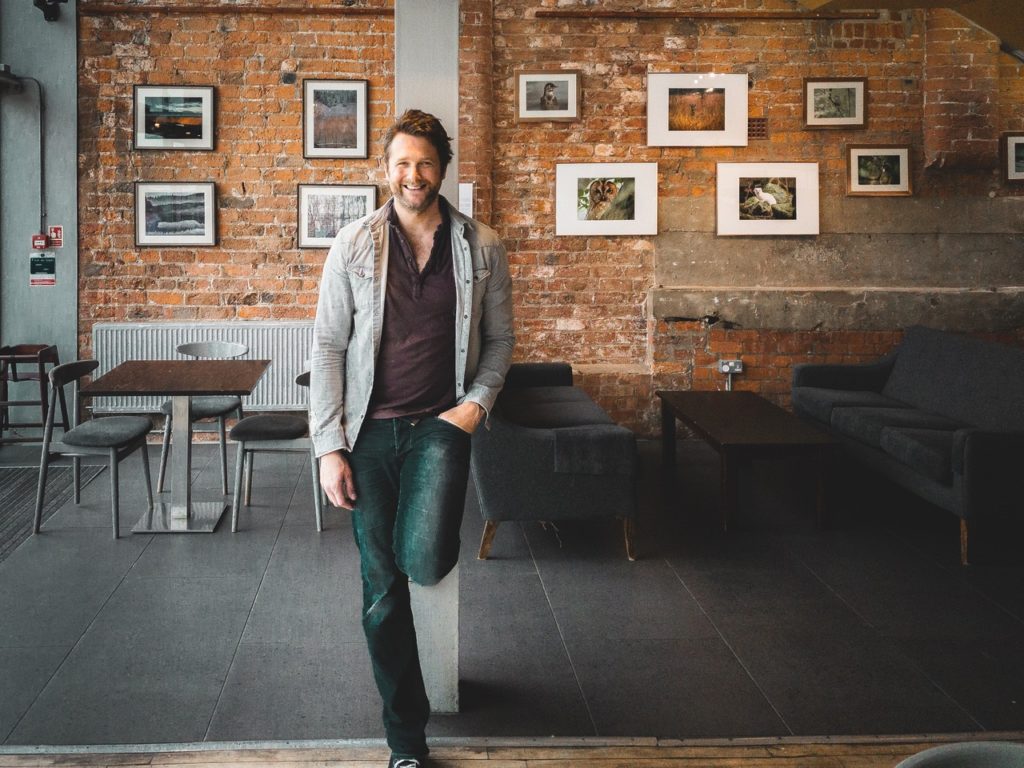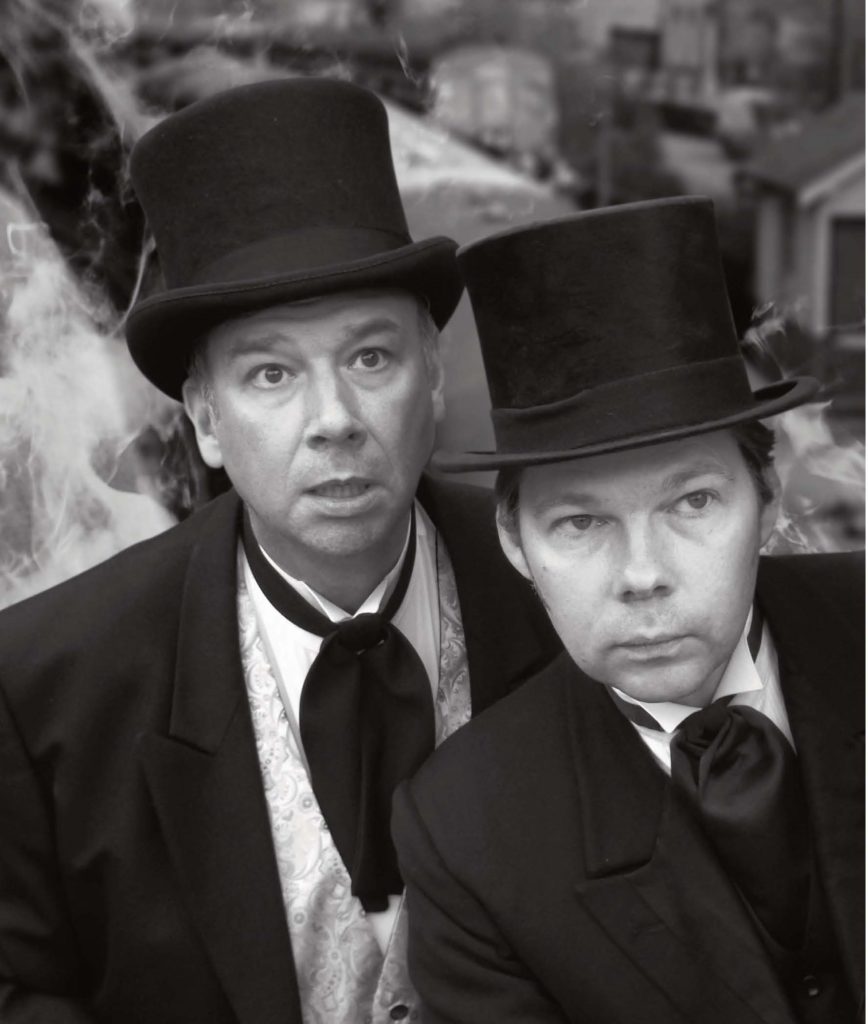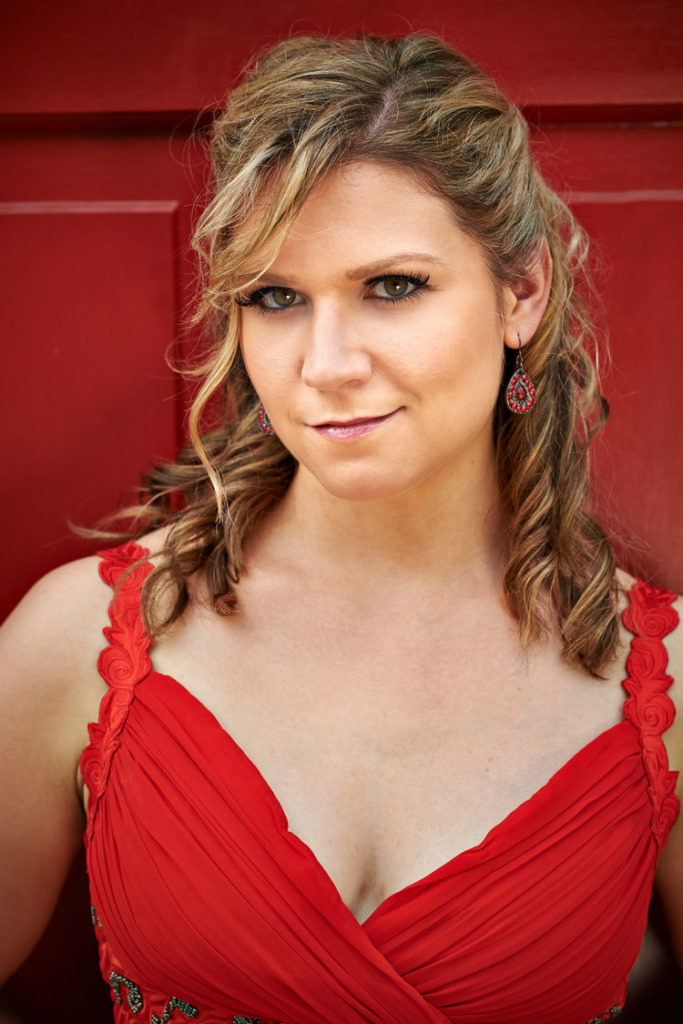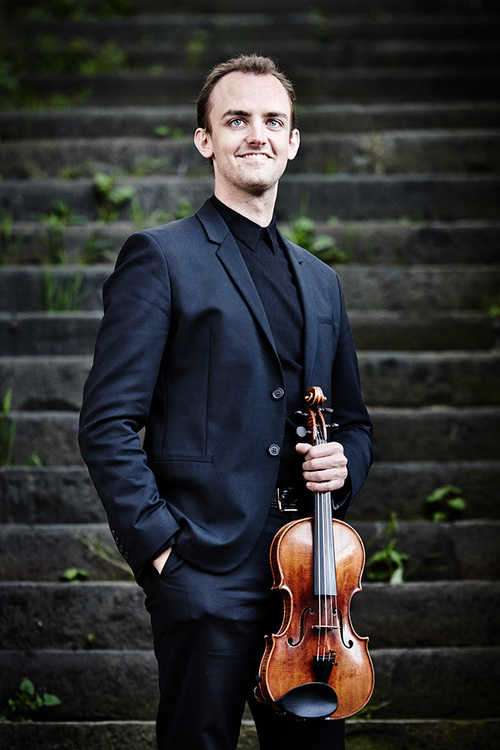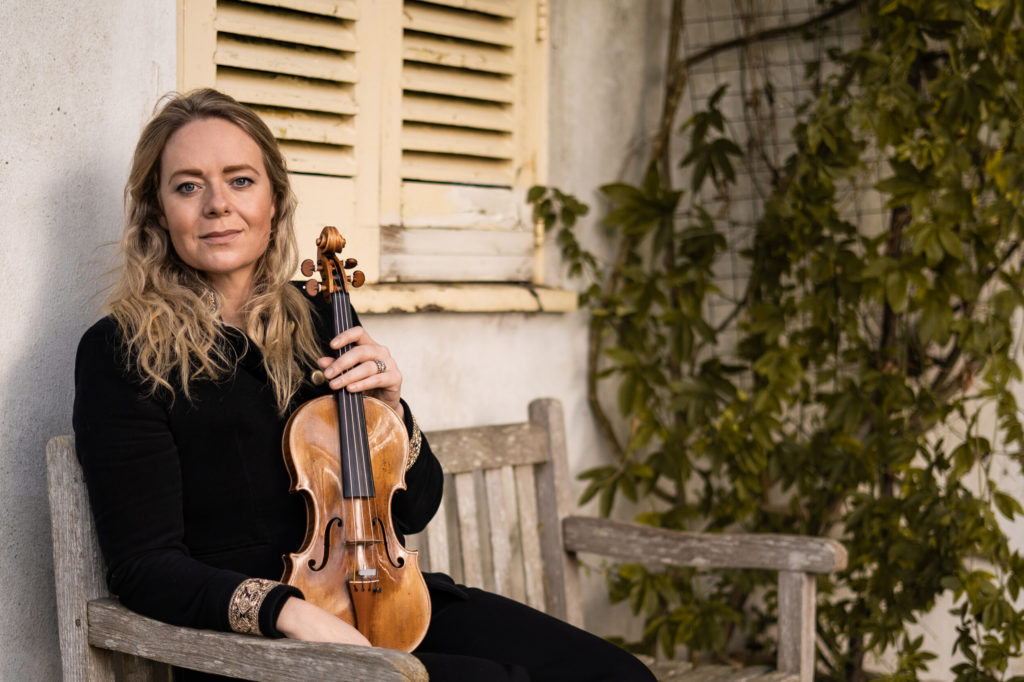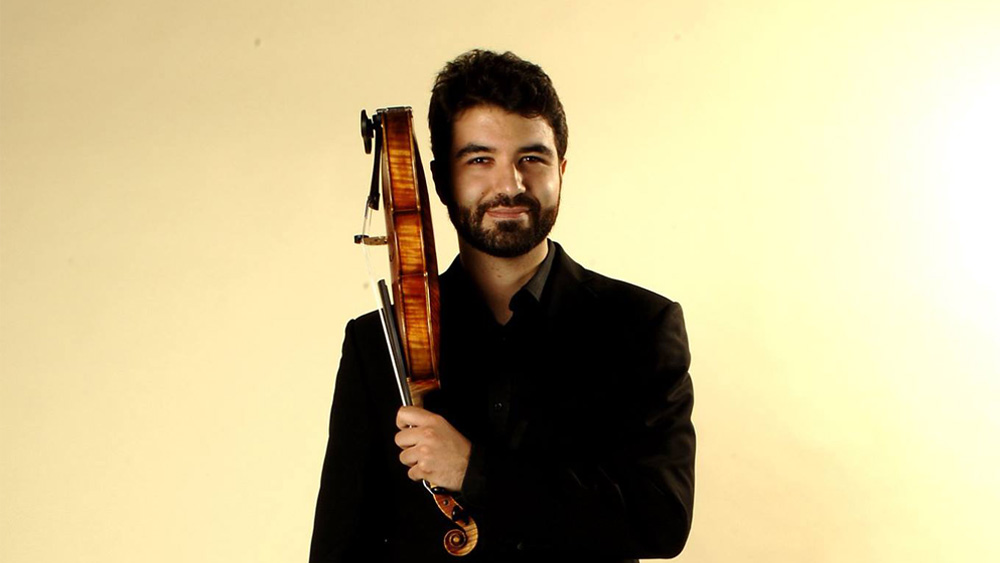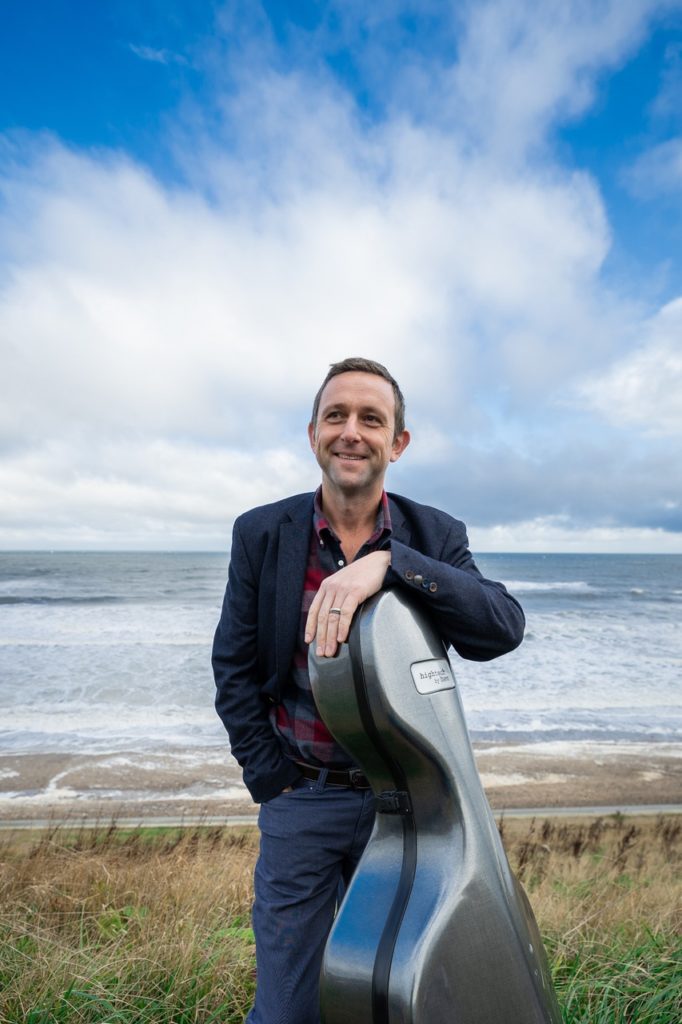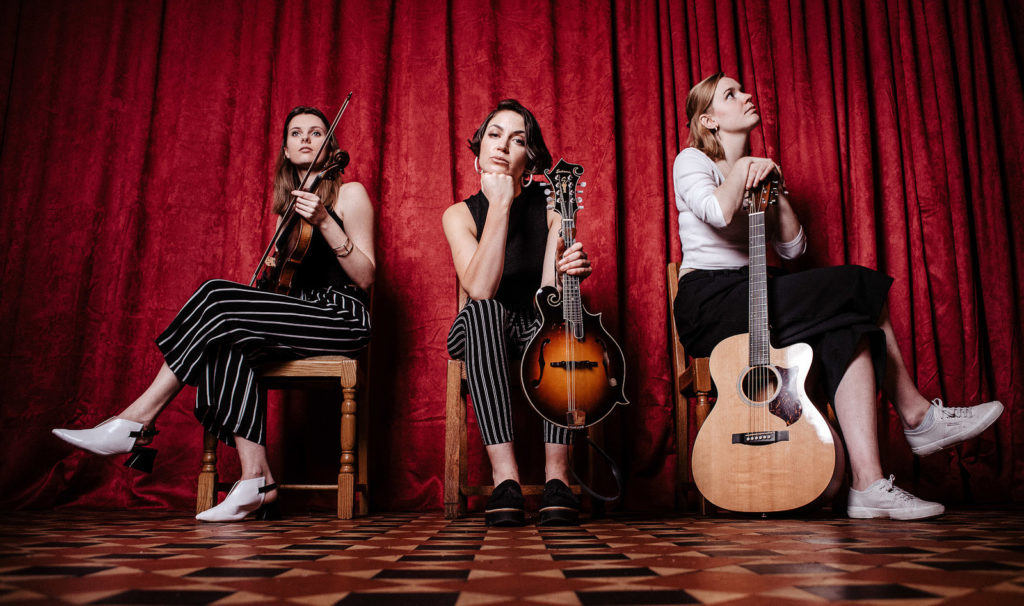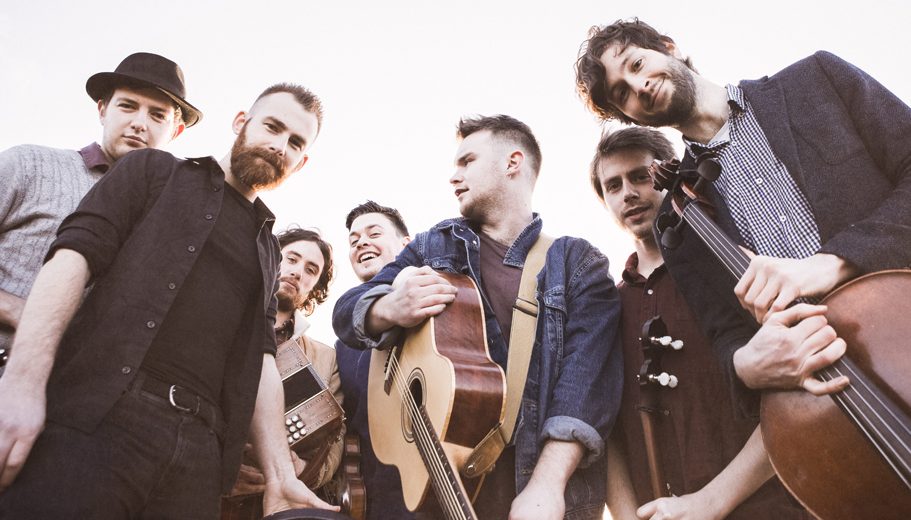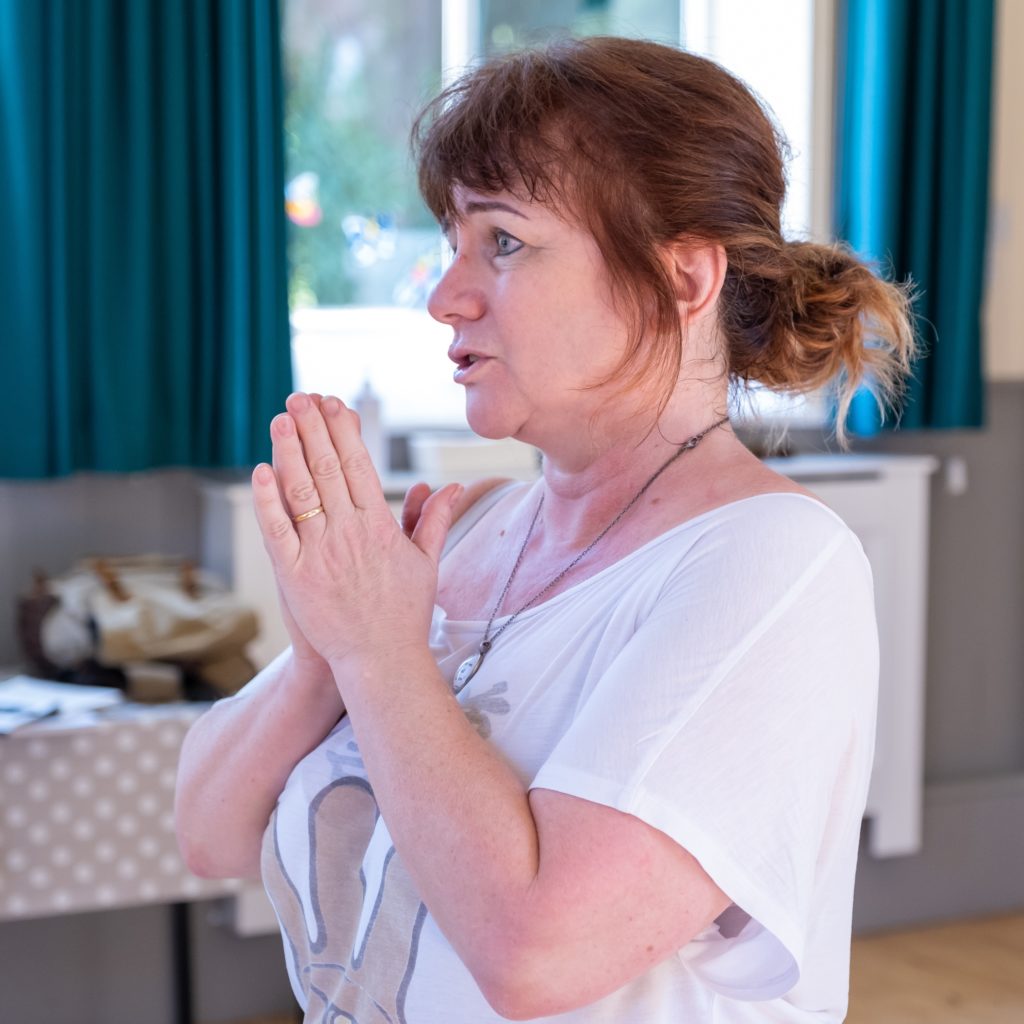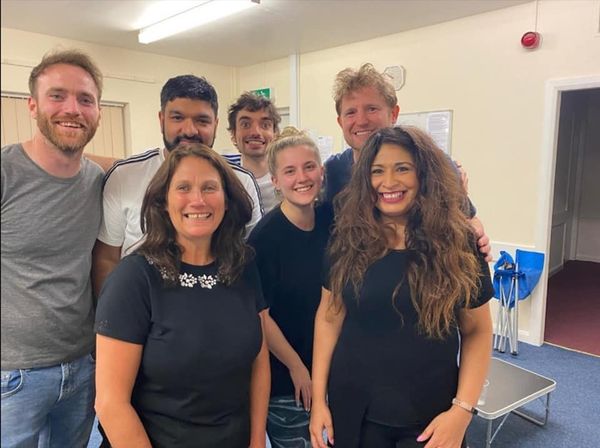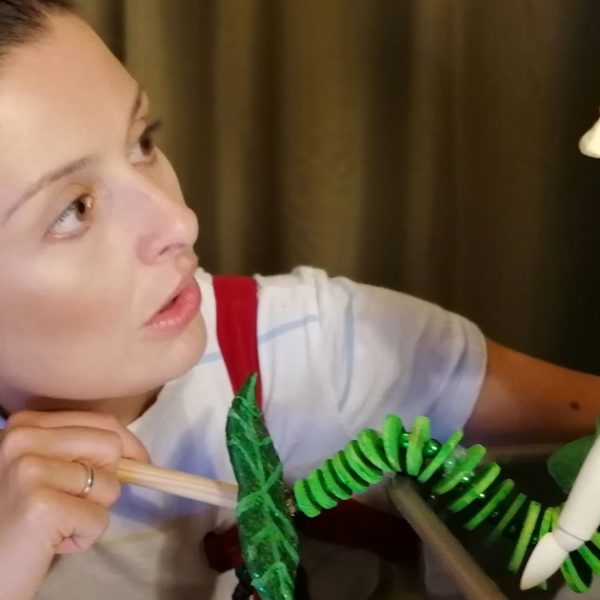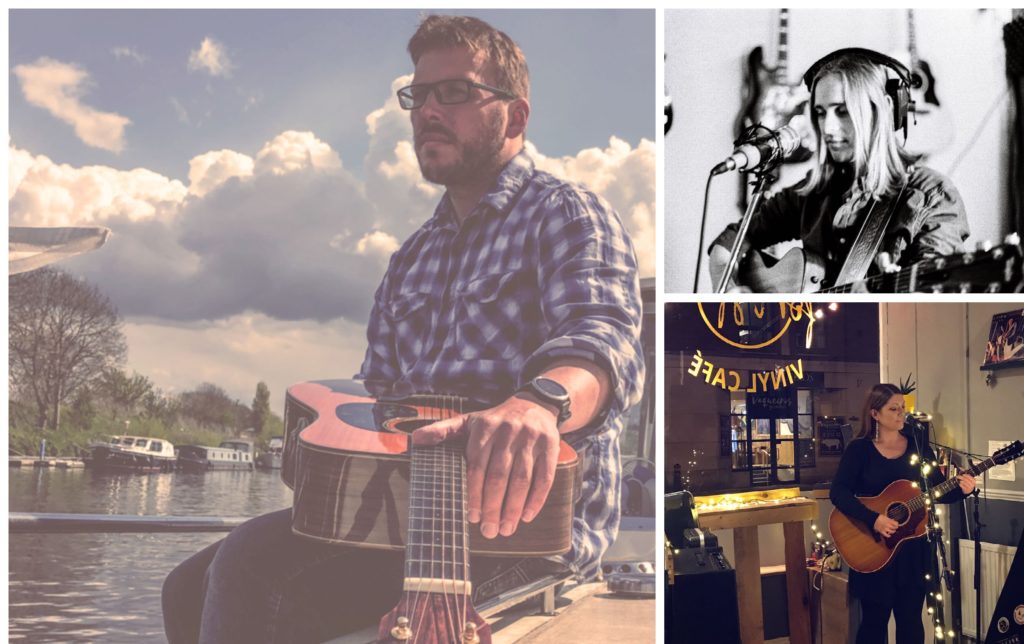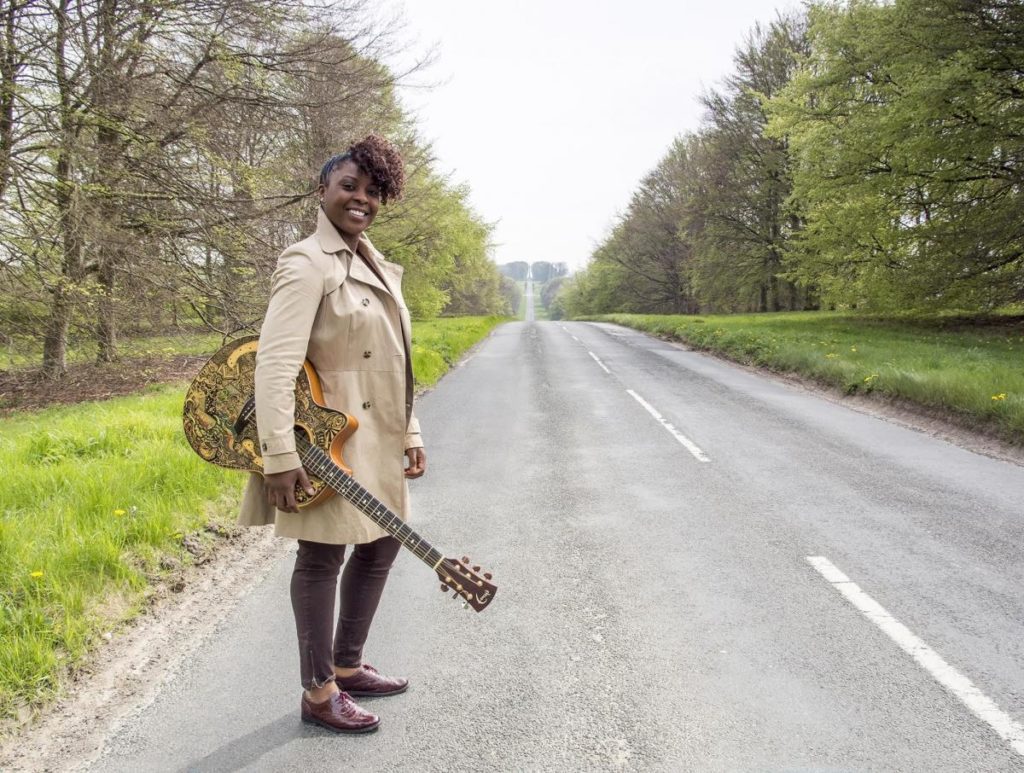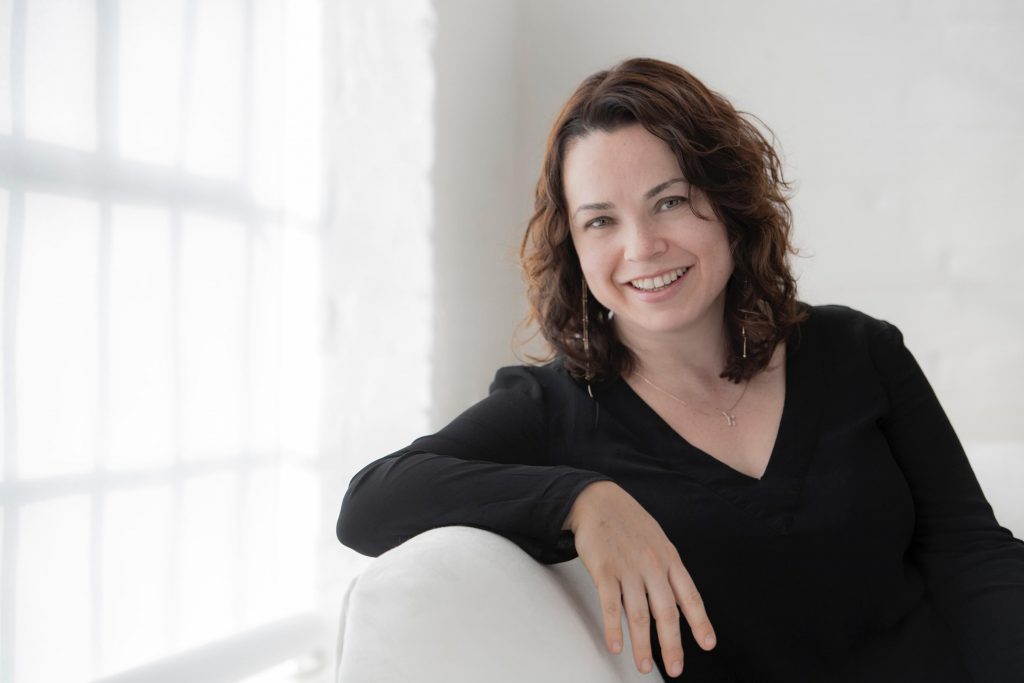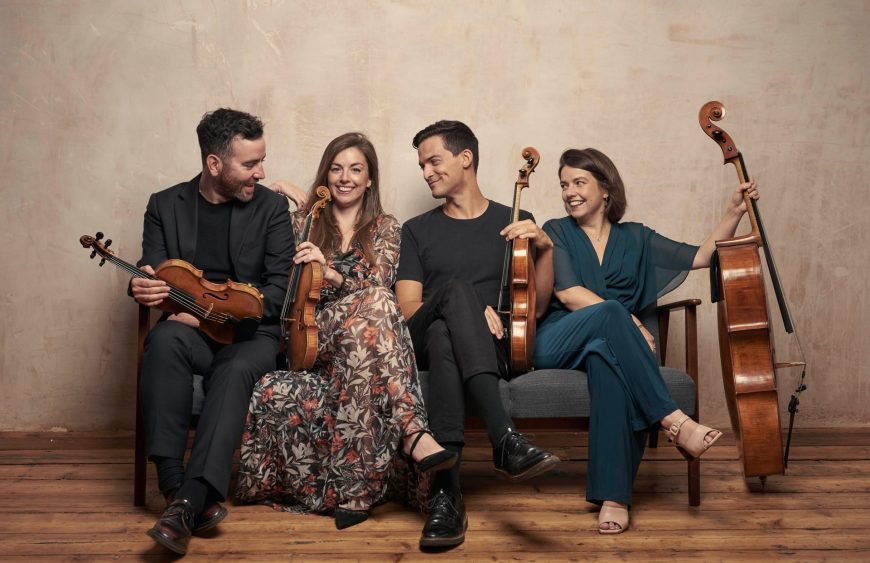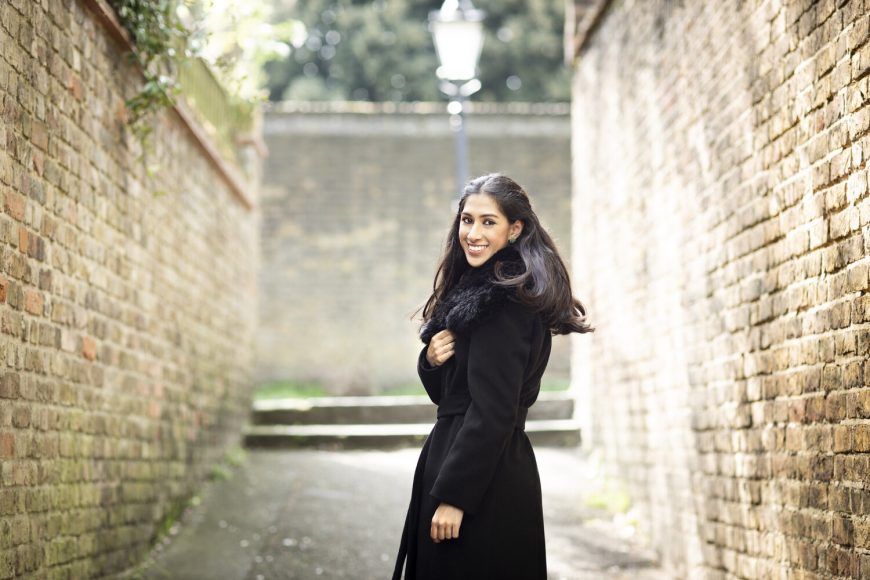
SUMMER ends with Leeds Festival, apparently, but Charles Hutchinson begs to differ by highlighting plenty more reasons to be cheerful as nights start to lengthen.
Biggest crowd of the week: Leeds Festival, Bramham Park, near Wetherby, tomorrow (27/8/2021) to Sunday
AFTER a gap year in Covid-crocked 2020, Leeds Festival returns from tomorrow with a sold-out crowd at full capacity.
Among the first day’s top acts are headliners Lian Gallagher and Biffy Clyro, Gerry Cinnamon, Wolf Alice, Blossoms and Doncaster’s Yungblud.
Saturday’s names to watch are Stormzy, Catfish And The Bottlemen, AJ Tracey, Mabel, Sam Fender and Sports Team. Sunday promises Post Malone, Disclosure, Two Door Cinema Club, The Wombats and Slowthai.
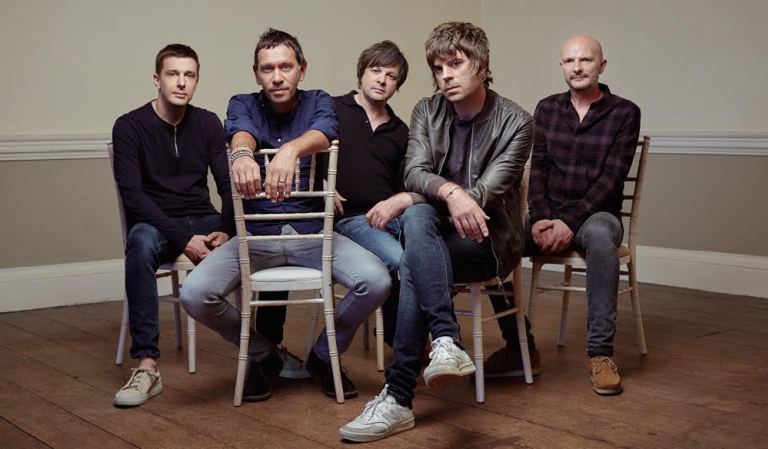
On the other hand, Yorkshire’s gig of the week is…Shed Seven at The Piece Hall, Halifax, Saturday.
YORK favourites Shed Seven at last can go ahead with their all-Yorkshire bill after 2020’s two postponements and a move from June 26 to August 28 this summer.
The dates may change but the bill remains the same: York’s on-the-rise, rousing Skylights, Leeds bands The Pigeon Detectives and The Wedding Present and the Brighton Beach DJs on the decks.
Never mind the clash with Leeds Festival. “Let’s just say our fans are not their demographic,” says the Sheds’ Rick Witter.

Bird song of the week: Sea View Productions in Nigel Forde’s The Last Cuckoo, Theatre At The Mill, Stillington, tomorrow, 7.30pm.
ON his return home from his irascible ornithologist uncle Harry Baskerville’s ’s funeral, Duncan Campbell begins the slow, sad process of working through its effects in The Last Cuckoo, a one-man show about loss, hope and birds.
As he does so, he finds within the ghostly confines of this remote coastal cottage a way into a world he never knew existed: the entrance into a life he never dared hope for. However, this awareness brings with it costly choices and, most daunting of all, the possibility of real change.
Penned exquisitely by Warter poet and writer Nigel Forde, former presenter of BBC Radio 4’s Bookshelf, this beautiful theatre piece will be performed by Riding Lights Theatre Company alumnus Andrew Harrison, directed for Sea View Productions by Robin Hereford. Box office: tickettailor.com/events/atthemill.

Tribute show of the week: The Carpenters Experience, Joseph Rowntree Theatre, York, Saturday, 7.30pm
IT’S Yesterday Once More as British singer Maggie Nestor and eight musicians capture the smooth American sounds of Richard and Karen Carpenter.
Expect echoes of Karen’s silky contralto, Richard’s pretty piano and seamless harmonies in a big production featuring Close To You, We’ve Only Just Begun, Top Of The World, Rainy Days And Mondays, Solitaire, Goodbye To Love, For All We Know and Only Yesterday. Box office: josephrowntreetheatre.co.uk.

Theatre show of the week in York: Educating Rita, York Theatre Royal, August 31 to September 4
WHEN married hairdresser Rita enrols on a university course to expand her horizons, little does she realise where her journey will take her.
Tutor Frank is a frustrated poet, brilliant academic and dedicated drinker, less than enthusiastic about taking on Rita, but soon they learn how much they have to teach each other.
Directed by Max Roberts, Willy Russell’s comedy two-hander stars Jessica Johnson as Rita and Stephen Tompkinson as Frank. Box office: 01904 623568 or at yorktheatreroyal.co.uk.

Theatre show of the week ahead outside York: Magic Goes Wrong, Leeds Grand Theatre, casting a spell from August 30 to September 4
BACK with another comedy catastrophe, this time dusted with magic, Mischief follow up The Play That Goes Wrong and The Comedy About A Bank Robbery with a show created with Penn & Teller, no less.
A hapless gang of magicians is staging an evening of grand illusion to raise cash for charity, but as the magic turns to mayhem, accidents spiral out of control and so does the fundraising target.
On tour for the first time, the show is written Penn Jillette, Henry Lewis, Jonathan Sayer, Henry Shields and Teller and directed by Adam Meggido. Box office: 0113 243 0808 or at leedsheritagetheatres.com.

Top of the pots: Fangfest, Fangfoss, September 4 and 5, 10am to 4pm each day
FANGFEST, the celebration of pottery, crafts, art and scarecrows in Fangfoss, ten miles east of York, returns next month after a Covid-enforced hiatus in 2020.
To keep the family event as Covid-safe as possible, much of the festival organised by Gerry and Lyn Grant, of Fangfoss Pottery, will be taking place outdoors.
The weekend combines art, pottery, illustration, jewellery, printmaking, archery, wood carving, textiles, willow weaving, classic cars, East Yorkshire history, food and scarecrows. Entry is free.
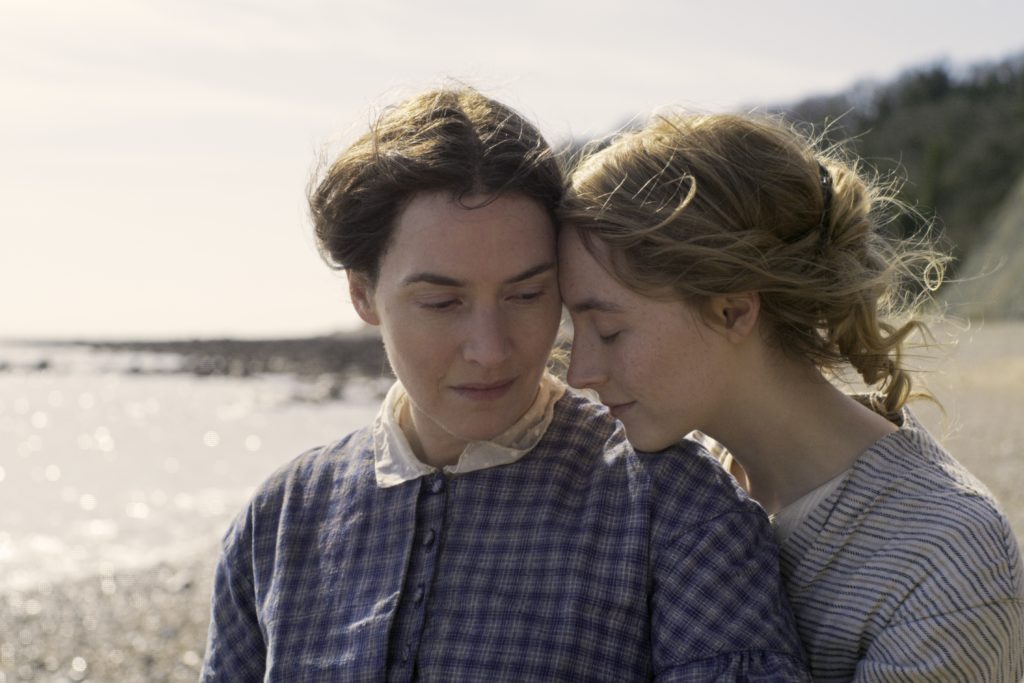
Dinosaurs, stones and more in Yorkshire Fossil Festival’s fistful of films: Stephen Joseph Theatre, Scarborough, September 10 and 11
FOR the first time, the Stephen Joseph Theatre is teaming up with the Yorkshire Fossil Festival SJT to bring five palaeontology-inspired films to the McCarthy screen.
Highlights include September 10’s 8pm screening of stop-motion wizard Ray Harryhausen’s 1969 dinosaur classic, The Valley Of Gwangi, introduced by palaeo-artist James McKay, who hosts a post-screening Q&A too.
Further films on September 10 will be Pixar’s The Good Dinosaur (2pm) and Jurassic Park (5pm); September 11, The Land Before Time (2pm and 5pm) and Ammonite, starring Kate Winslet and Saoirse Ronan (8pm). Box office: 01723 370541 or at sjt.uk.com.
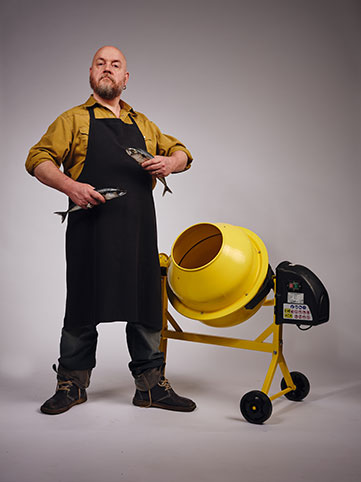
Meals on wheels, jokes on a plate, here comes George Egg’s cracking tour show…
COMEDY and cooking combine when anarchic cook George Egg serves up his Movable Feast on tour in Yorkshire in October.
Determined to make food on the move, Egg offers his guide to cooking with cars, on rail tracks and in the sky. “It’s time for Planes, Trains and Automob-meals (sorry),” he says.
Sprinkled with handy hacks, the 7.30pm shows conclude with the chance to taste the results on the three plates. Tour dates include Stillington Village Hall, near York, October 10; Pocklington Arts Centre, October 13, and Terrington Village Hall, near Malton, October 17. Box office: georgeegg.com.


